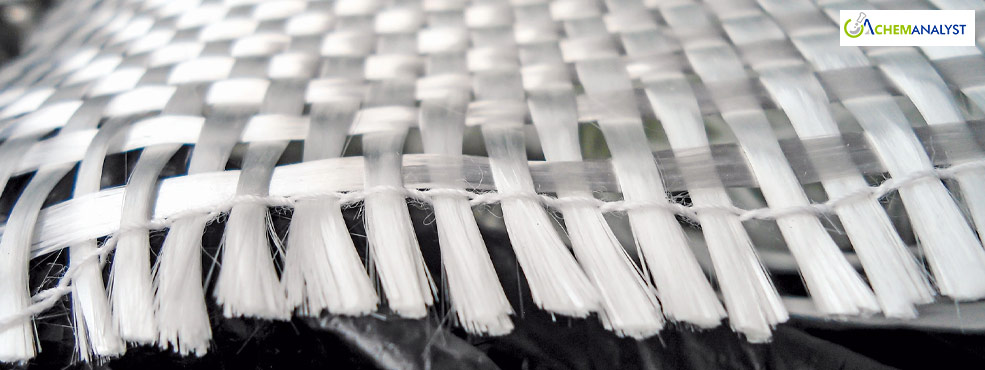Welcome To ChemAnalyst

The Glass Fiber market admitted a significant downturn in February 2024, with prices dropped by a concerning 4.5%. This plunge was directly attributed to a slowdown within the downstream automotive industry, a major consumer of Glass Fiber. This slowdown coincided with the Spring Festival holiday in South Korea which dampened the market activity during this timeframe. Statistics from the significant enterprises paint a concerning picture, revealing a decrease in sales figures for leading South Korean automakers. This suggests a weaker consumer interest in purchasing cars, which ultimately translates to a reduced demand for Glass Fiber used in car manufacturing during February 2024.
Looking closer at the South Korean market, February witnessed a stark decline in new car sales. Compared to the same month in 2023, sales figures plummeted by a staggering 20.7%. This dramatic drop was attributed to the Lunar New Year holiday impacted overall sales potential. Furthermore, the postponed announcement of electric vehicle (EV) subsidies created uncertainty among consumers, further dampened their purchasing enthusiasm. This weak consumer sentiment rippled through the supply chain, directly impacting the Glass Fiber market. With a significant decline in car sales, the demand for Glass Fiber used in vehicle production naturally decreased. As a result, companies dealing in Glass Fiber faced overflowing stockpiles and sluggish sales. This situation forced them to resort to aggressive price cuts in an attempt to clear their inventory which resulted in settling the prices at USD 850/MT E-Glass Fiber CFR Busan, South Korea in February 2024.
Furthermore, the situation was exacerbated by external factors. South Korea relies on imports of cheaper Glass Fiber from Malaysia. However, Malaysia followed a similar price-cutting trend, further intensifying the downward pressure on Glass Fiber prices in South Korea. Adding to the woes, the South Korean manufacturing sector witnessed a decline in its operational environment. This was reflected in the South Korean Manufacturing Purchasing Managers' Index (PMI), which dipped compared to February figures. This decline points towards a loosening of supply chain constraints, which may have also contributed to the softening of Glass Fiber prices. The data indicates that company confidence fell from 71 points in January to 70 points in February, which bolsters the downward trend observed in consumer confidence.
As per ChemAnalyst, further downtrend in the Glass Fiber market is anticipated in the upcoming months amidst a slowing downstream auto industry, and an estimated reduced consumer demand which could slow down the global supply chain. However, the Glass Fiber market can rebound if the volume of sales in the downstream automobile industry shows signs of improvement.
We use cookies to deliver the best possible experience on our website. To learn more, visit our Privacy Policy. By continuing to use this site or by closing this box, you consent to our use of cookies. More info.
